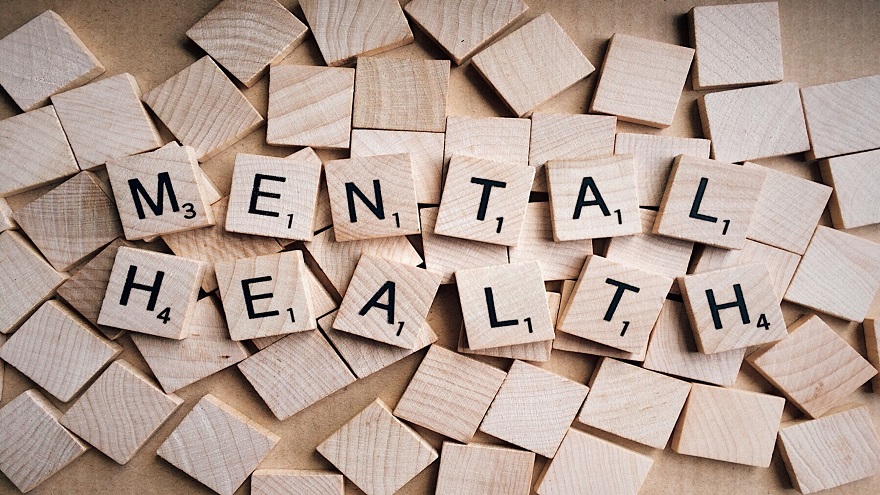It’s no secret that the gut and the brain are closely connected, but the extent to which gut health can impact mental health is still being uncovered. Research has shown that the trillions of bacteria living in the gut, also known as the microbiome, can influence everything from digestion to the immune system to the brain.
Gut-Brain Axis
The communication pathway between the gut and the brain is known as the gut-brain axis. This connection is bidirectional, meaning that the gut and the brain can both influence each other. For example, stress or anxiety can disrupt the balance of bacteria in the gut, leading to digestive issues. Conversely, an unhealthy gut microbiome can contribute to the development of mental health conditions such as anxiety and depression.
The Role of the Microbiome in Mental Health
The microbiome is made up of a diverse community of bacteria, viruses, fungi, and other microorganisms that live in the digestive tract. These microorganisms play a crucial role in maintaining overall health and well-being. Research has shown that the composition of the microbiome can be influenced by factors such as diet, antibiotics, and stress.
An imbalance of bacteria in the microbiome, known as dysbiosis, has been linked to a variety of mental health conditions. For example, research has shown that individuals with depression and anxiety tend to have a less diverse microbiome compared to those without these conditions. In addition, certain strains of bacteria have been shown to have a positive effect on mental health. For example, the bacteria Lactobacillus has been shown to reduce anxiety-like behavior in mice.
The link between the gut and the brain is complex and multifaceted, but it is clear that the health of the gut microbiome can have a significant impact on mental health.
The Role of Probiotics in Gut Health and Mental Health

Probiotics are live microorganisms that are similar to the beneficial bacteria found in the human gut. They are often referred to as “good” or “helpful” bacteria because they help keep the gut microbiome balanced. Probiotics are found in a variety of sources, including fermented foods such as yogurt and sauerkraut, as well as supplements.
Research has shown that probiotics may be effective in improving symptoms of certain mental health conditions. For example, a review of 12 studies found that probiotic supplementation was associated with a reduction in symptoms of anxiety and depression. Probiotics may also be helpful in reducing stress and improving overall mood.
Gut Health and the Immune System
The gut microbiome is also closely connected to the immune system. The bacteria in the gut help to regulate the immune system and protect against infections. An imbalance of bacteria in the microbiome can lead to an impaired immune system, which can increase the risk of developing mental health conditions such as anxiety and depression.
Recommended Reading:
- The Gut-Brain Connection: How to Improve Your Mental Health Through Gut Health
- The Gut-Brain Connection: How Life Greens Can Help Support a Healthy Gut and Brain
Improving Gut Health for Better Mental Health
There are several ways to improve gut health and support the microbiome. These include:
- Eating a healthy, varied diet that is rich in fiber and plant-based foods
- Limiting the intake of processed and sugary foods
- Taking probiotics or consuming probiotic-rich foods
- Reducing stress through techniques such as meditation or yoga
- Exercising regularly
By taking steps to support the health of the gut microbiome, it is possible to improve mental health and overall well-being.
Download our free gut health guide and try a free 3-day supply of our probiotic green juice called Life Greens to take the first step towards improving your gut health and supporting your mental well-being.


